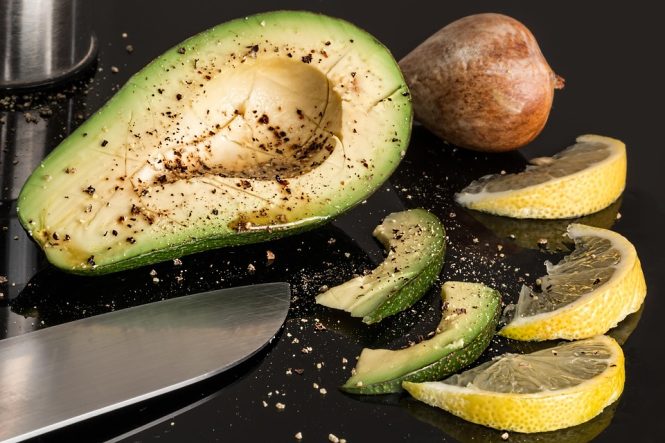
Reflux Relief: The Top 10 Foods to Eat and Avoid for a Healthier Gut
Gastroesophageal reflux disease (GERD), also known as acid reflux, is a chronic condition that affects millions of people worldwide. It occurs when the lower esophageal sphincter (LES) fails to close properly, allowing stomach acid to flow back up into the esophagus, causing symptoms such as heartburn, bloating, and discomfort. While medications and lifestyle changes can help manage GERD, dietary modifications play a crucial role in alleviating symptoms and promoting a healthier gut. In this article, we will explore the top 10 foods to eat and avoid for reflux relief.
Foods to Eat for Reflux Relief
- Ginger: Ginger has natural anti-inflammatory properties that can help reduce inflammation and alleviate symptoms of acid reflux. You can add fresh ginger to your meals, drink ginger tea, or take ginger supplements.
- Almonds: Almonds are a good source of healthy fats and can help reduce inflammation in the esophagus. They are also high in fiber, which can help regulate digestion and prevent symptoms of GERD.
- Fatty Fish: Fatty fish such as salmon, sardines, and mackerel are rich in omega-3 fatty acids, which can help reduce inflammation and promote healing in the gut.
- Yogurt: Yogurt contains probiotics, which can help regulate the gut microbiome and reduce symptoms of acid reflux. Look for yogurt that is low in sugar and high in protein.
- Oatmeal: Oatmeal is a low-acid, high-fiber food that can help soothe the esophagus and reduce inflammation. You can add fruit or nuts to oatmeal for added flavor and nutrition.
Foods to Avoid for Reflux Relief
- Citrus Fruits: Citrus fruits such as oranges, lemons, and grapefruits are high in acid and can trigger symptoms of acid reflux. Avoid consuming citrus fruits or juices, especially in the morning or before bedtime.
- Tomatoes: Tomatoes are also high in acid and can worsen symptoms of GERD. Avoid consuming tomato-based products, such as pasta sauce, salsa, or tomato juice.
- Chocolate: Chocolate contains caffeine and other stimulants that can relax the LES and worsen symptoms of acid reflux. Dark chocolate is especially problematic due to its high caffeine content.
- Fried Foods: Fried foods are high in fat and can slow down digestion, leading to increased pressure on the LES and worsening symptoms of GERD. Avoid consuming fried foods, such as french fries, fried chicken, or doughnuts.
- Spicy Foods: Spicy foods, such as hot peppers or wasabi, can irritate the esophagus and worsen symptoms of acid reflux. Avoid consuming spicy foods, especially if you are prone to heartburn.
Additional Tips for Reflux Relief
- Eat smaller, more frequent meals to reduce pressure on the LES.
- Avoid lying down after eating, as this can worsen symptoms of GERD.
- Elevate the head of your bed by 6-8 inches to prevent stomach acid from flowing back up into the esophagus.
- Avoid wearing tight clothing, which can put pressure on the stomach and worsen symptoms of acid reflux.
- Manage stress through relaxation techniques, such as meditation or deep breathing, as stress can exacerbate symptoms of GERD.
In conclusion, making dietary modifications can play a significant role in alleviating symptoms of acid reflux and promoting a healthier gut. By incorporating the top 10 foods to eat and avoid into your diet, you can reduce inflammation, regulate digestion, and promote healing in the esophagus. Remember to also practice good eating habits, manage stress, and avoid triggers that can worsen symptoms of GERD. Consult with your healthcare provider or a registered dietitian to develop a personalized plan for reflux relief.